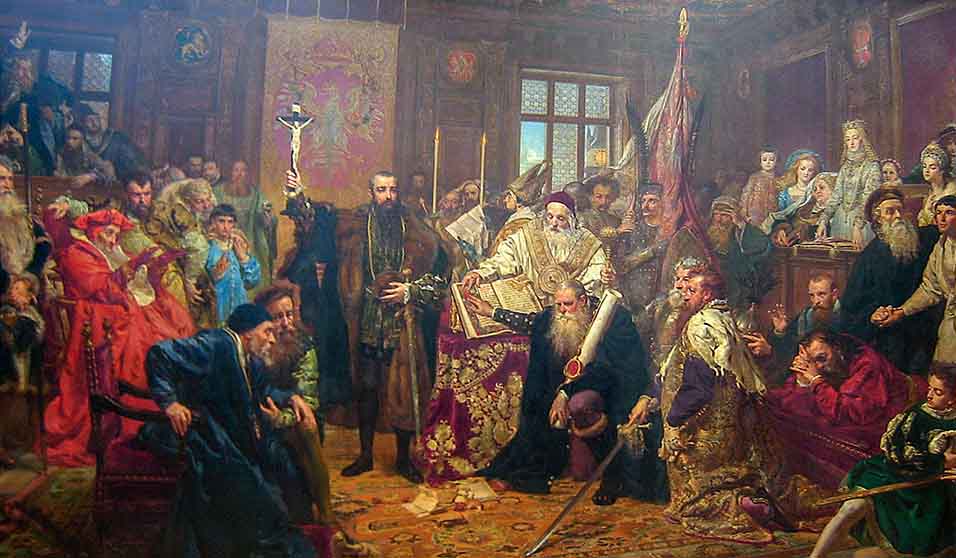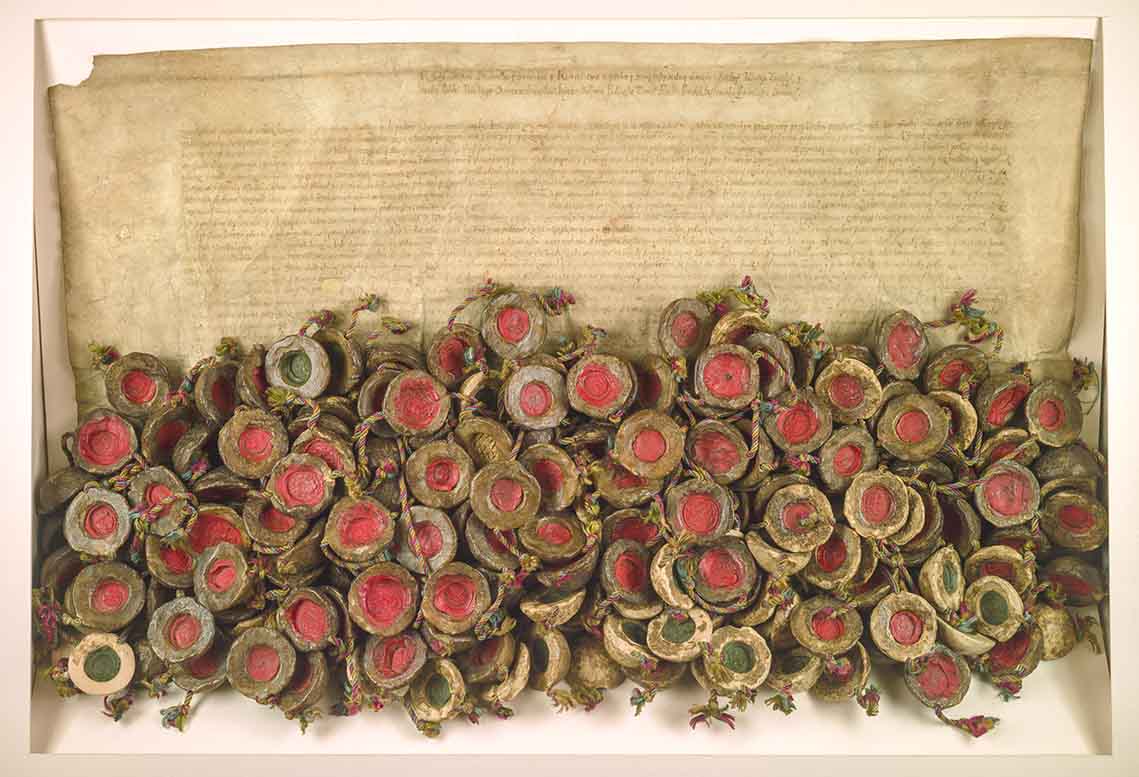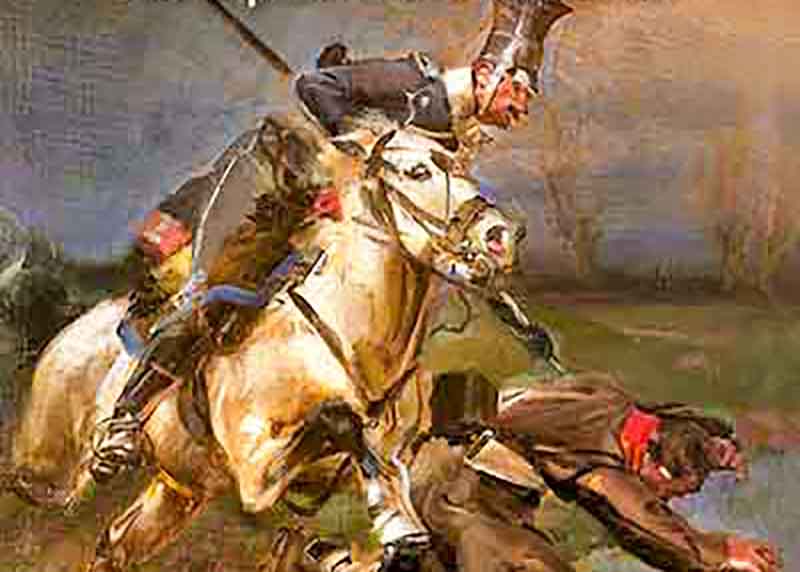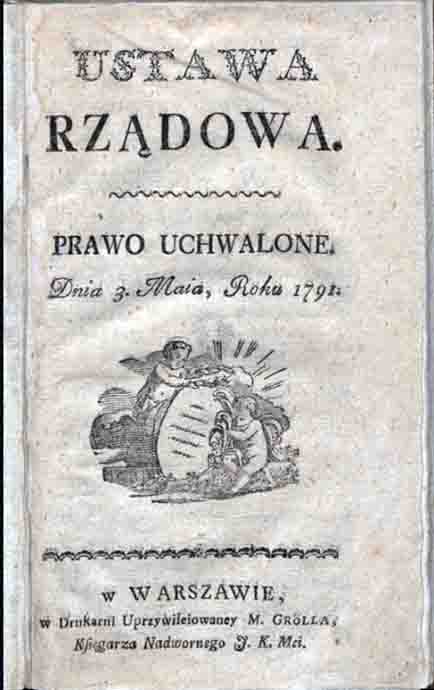This summer is not just a time of rest, on the contrary, it is a time of important political, economic and military events. The comments on the first speeches of the members of the new European Parliament have not yet died down, and everyone is already seized by the fever of the conventions of the political parties in the United States, which have nominated their candidates for the next presidential term.
For the European Union, and thus for Poland, it is not indifferent who will be the next president of the United States. Our place, our fate as a nation, a country and us - individual citizens - depends on world politics, in which great powers dictate the rules. We are a part of a team from which, contrary to the humanistic belief of the poet (K I Gałczyński), our strength does not flow. This is shown by the actions of social groups on which our existence depends.
Farmers and entrepreneurs grouped around the food industry, as well as miners and energy engineers, see deadly threats in the green order imposed on us. The change in EU treaties and what is happening in public life in Poland are very reminiscent of past historical moments in the 18th-century Poland. After the glorious period of the First Polish Republic came the Saxon period, in which it was forgotten that man eats to live, and not the other way around, and after that a painful, tragic decline.
Fundamental values; patriotism, honesty, truth, loyalty to principles, freedom; lost their value. At the time of loss of independence, the liberum veto — "I do not allow" — for Poles such as Tadeusz Reytan, was an expression of the noblest patriotism. It did not allow for decline, for slavery.
Tadeusz Reytan is a historical figure, but one shrouded in mystery. There is as much legend as truth in his story, but both contain a historiosophical message. We know him from Jan Matejko's painting: "Reytan at the Warsaw Sejm on April 21, 1773 - the fall of Poland", painted almost a hundred years after the event of which he was the hero.
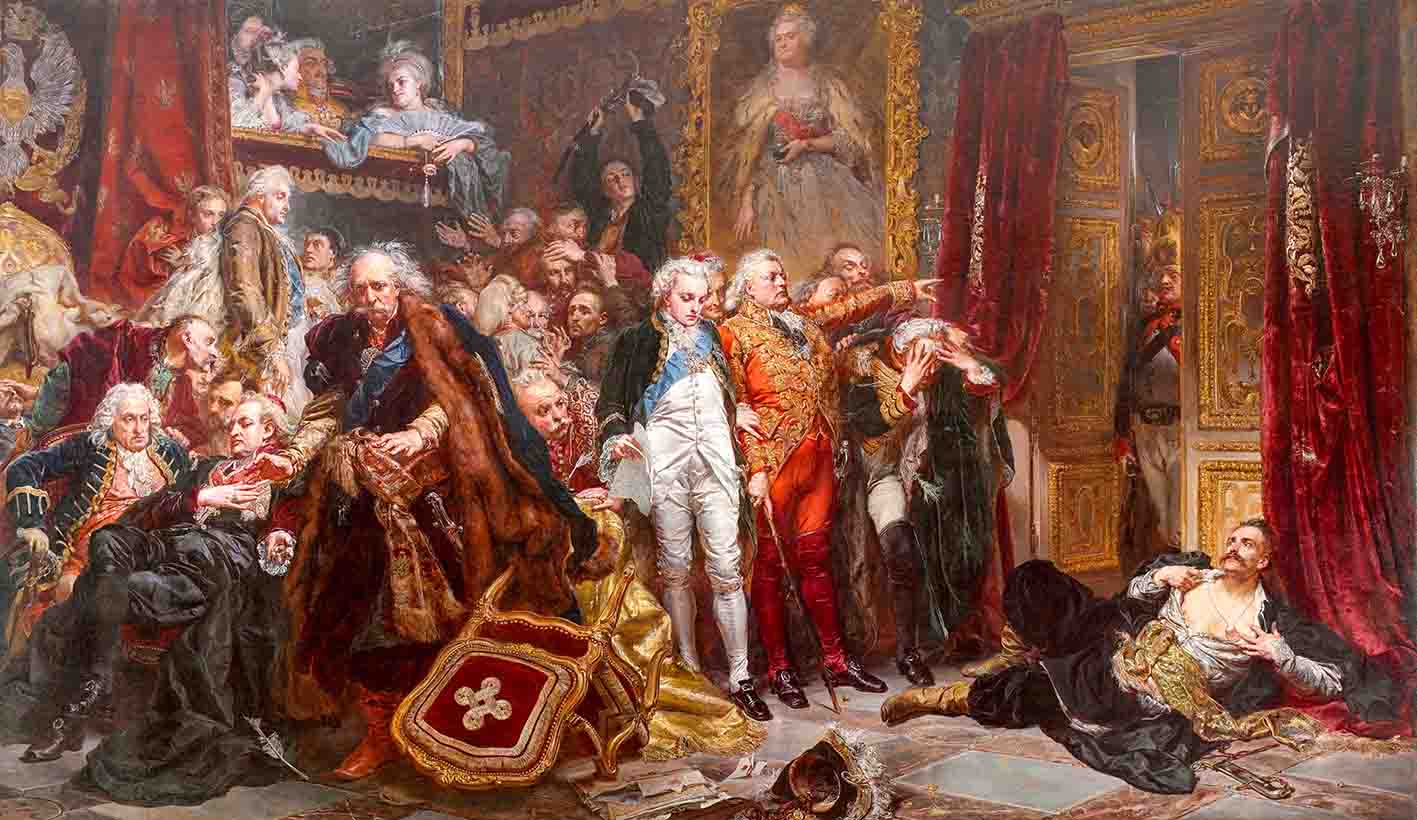
Rejtan – The Fall of Poland by Jan Matejko, oil painting on canvas, 1866 (Source: Wikipedia)
It is impossible to establish the dates of his earthly life with certainty. Some sources state that he was born in 1740, others in 1742, 1741, and even 1746. The same is true of the date of his death. Most sources state 1780, but some also 1790. It is certain, however, that he was alive in 1773 and took part in the deliberations of the partition parliament as a deputy from the Nowogródek voivodeship.
He was born and died in the family estate in Hruszówka. He was a member of the Bar Confederation, and after the dissolution of the Confederation, he represented his voters and was to defend the whole of Poland according to their recommendations, risking his life and treasure . Honest to his voters, Tadeusz Reytan, at the first session of the Sejm on April 19, 1773, together with Samuel Korsak and Stanisław Bohuszewicz, joined by other deputies from Lithuania, but also from the Crown, opposed the establishment of a confederation at the Sejm, called as a general one, which allowed a majority vote to approve the already completed first partition of Poland. The Marshal of the Confederated Sejm (contrary to the law of the Free Sejm) was appointed the corrupt Adam Poniński — paid by the Russian ambassadors. Reytan acted according to the law, but the Confederated Deputies understood the law differently, in their own way.
After signing the shameful partition act, Reytan, in an act of desperation and despair, threw himself on the ground wanting to stop the deputies, shouting: liberum veto - "I do not allow it" - you will pass to the senator's chamber over my dead body.
Unfortunately, they did pass over, crossing his living body. The court established on April 20 by the confederation secretly formed on April 16 by 60 deputies and 9 senators sentenced him in absentia, as a disrupter of universal peace and a rebel against the fatherland, to criminal penalties and confiscation of property.
For 36 hours, Reytan's group occupied the parliamentary chamber. When he left, physically and nervously exhausted, he had assurances from the deputies of the occupying powers that he would not be subject to repression. This did not stand.
After the partition parliament session, Reytan wandered around Warsaw, and then, found and taken by his brother Michał to Lithuania, to Hruszówka, he lived out the rest of his days in despair and deep depression. He never started a family, fell into madness and committed suicide on August 8, 1780. As a result of suicide, he did not get a grave on consecrated ground.
During the Second Polish Republic, the probable remains of Tadeusz Reytan were discovered in a brick-lined grave in a place called "Pod Grabem" (Under the Hornbeam Tree), located near the manor house. They were pointed out by local residents, but Polish scientists have not unequivocally confirmed the authenticity of the burial place and the remains of the tragic hero.
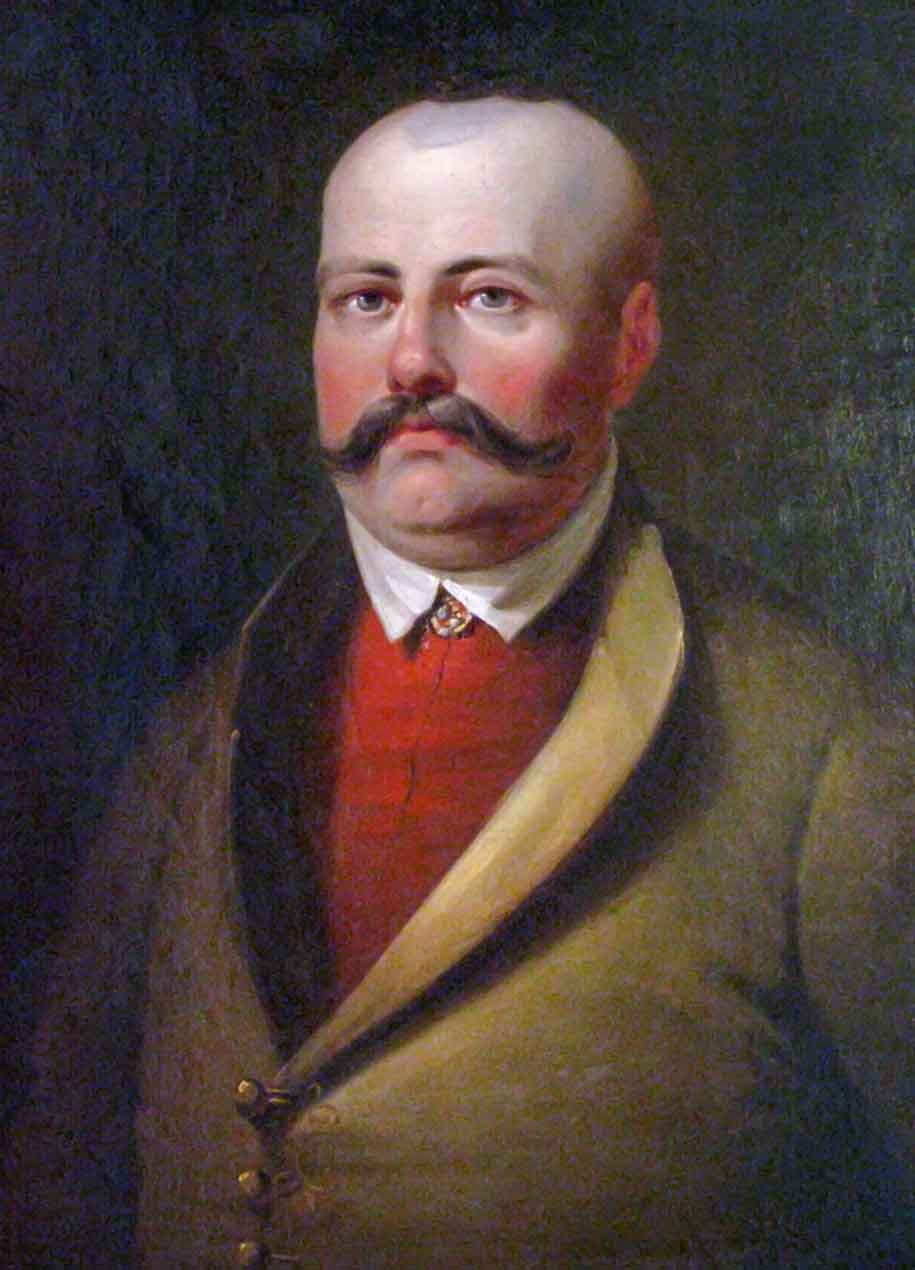
Tadeusz Reytan — a portrait by an unknown artist from the first half of the 19th century
(Source: Wikipedia)
The painting by Jan Matejko and the story of its main character — Tadeusz Reytan — is, in my opinion, not only a synthesis of the lives of Poles in the second half of the 18th century. It is also a symbol of our time. Just as then, so now, other powers decide what laws the Polish parliament is to pass, decide on our sovereignty, dictate to us what policies we are to pursue, force us to "invite guests" and run an appropriate economy. On top of all political actions, an appropriate educational policy is imposed, which is to denationalize and dumb down the young generation.
Is there any chance to stop this devil's dance? Or are we left with only the dark history of Reytan's legacy, casting a long shadow over our HERE and NOW.
Translation from Polish by Andrew Wozniewicz.







